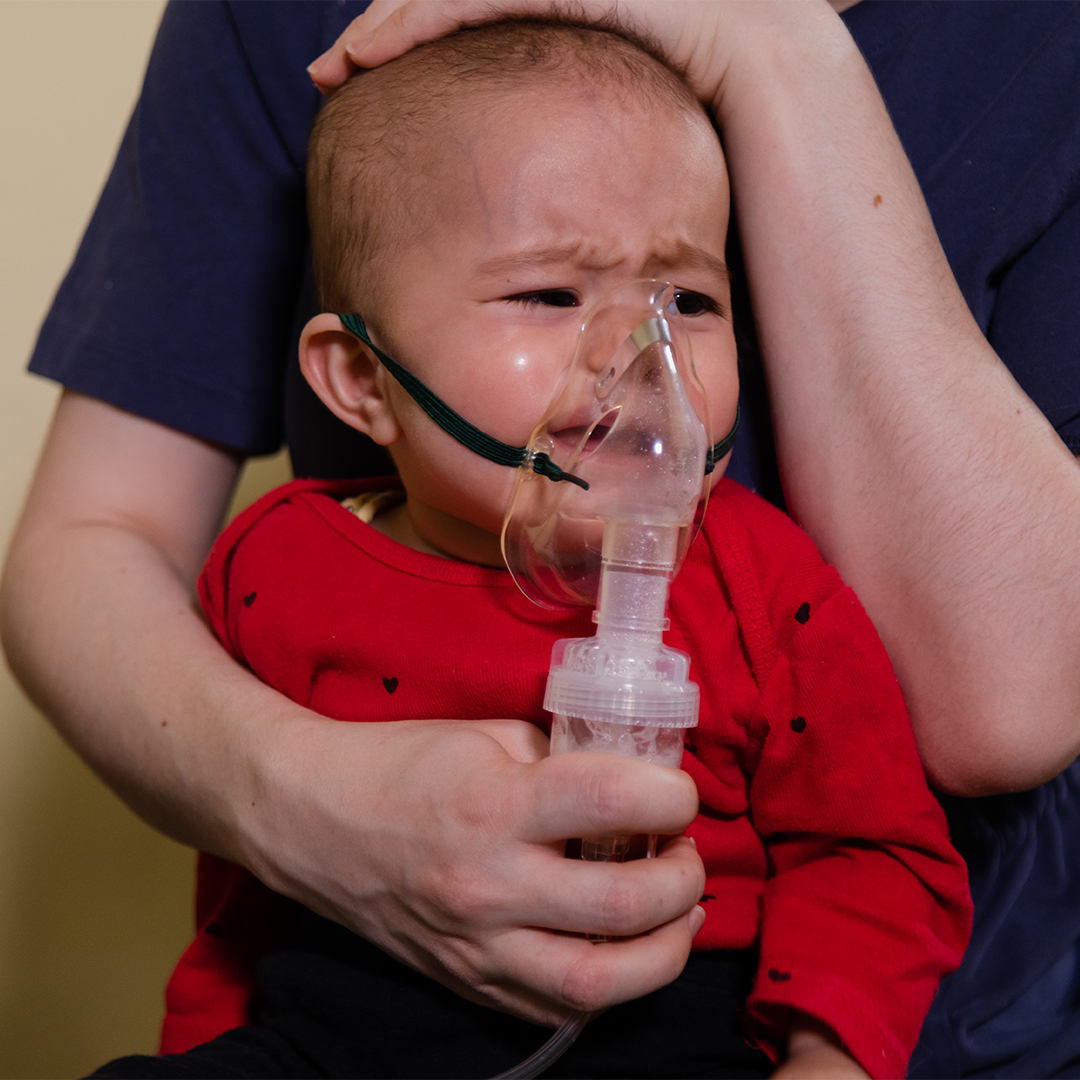Respiratory Syncytial Virus (RSV) is the leading cause of bronchiolitis in infants and young children. It can cause breathing problems, fever, and a cough that can last for up to 10 weeks, in addition to several other respiratory complications.
Find out everything you need to know about Respiratory Syncytial Virus, including what it is, what the symptoms are, how it’s caused, and how to treat it and prevent it here.
What is Respiratory Syncytial Virus (RSV)?
Respiratory syncytial virus, or RSV, is a virus that causes respiratory infections. It’s most common among young children who are under five years old. They usually develop symptoms of the infection around two weeks after they come into contact with the virus. RSV can also lead to pneumonia and bronchitis.
RSV Symptoms for children
Children with RSV symptoms may show the following symptoms:
– fever
– cough,
– chest congestion,
– runny nose
– trouble breathing
– unable to eat or drink comfortably
– listlessness or tiredness
Sometimes, an RSV infection can lead to:
– wheezing (a whistling sound heard with breathing)
– bronchiolitis or pneumonia, more so for premature babies; infants younger than 1 year old; and kids with diseases that affect the lungs, heart, or immune system
– dehydration – it often makes it difficult for a child to take fluids by mouth. Older children should get plenty of fluids throughout the day by drinking plenty of water and juice, but breast milk is the best choice for infants and young children.

RSV Causes
RSV is caused by a virus that is present in the nose and throat of an infected person. The virus can be transmitted through droplets from the nose, mouth or throat of an infected person.
The virus can also be transmitted from contact with contaminated surfaces such as towels, toys or cribs if these items are not washed after an infected person uses them.
The most common way for infants to become infected is through their mother’s breast milk. In rare cases, RSV may spread during delivery from mother to child. If a pregnant woman has been exposed to RSV, she should take extra precautions against transmitting it to her infant during pregnancy and delivery.
RSV may also be spread from person to person through coughing, sneezing or talking. Infants, elderly and immunosuppressed persons are at an increased risk of RSV.
Remedies for RSV
Since there is no cure for RSV, the best way to combat the virus is prevention.
- Wash your hands frequently, avoid close contact with people who are sick, and be careful around children who have symptoms.
- Choose to breast-feed your baby if you can, which has the presence of antibodies and helps prevents infections.
- If you know that you’re going to come into contact with someone who has RSV, wash your hands thoroughly before touching them or anything they may have touched. It’s also important to keep yourself from getting too close to those infected so as not to spread the virus.
When to visit a doctor for RSV?
The symptoms of RSV typically peak on days 3 to 5 of illness. Fortunately, almost all children recover completely from RSV infections.
Call your pediatrician right away if your child has any:
- Symptoms of bronchiolitis – (wheezing, fast breathing, flaring of nostrils)
- Symptoms of dehydration (fewer than 1 wet diaper every 8 hours)
- Breathing difficulties or pauses
- Gray or blue color to tongue, lips or skin
- A significant decrease in activity and alertness
- Children with RSV may be more likely to develop bacterial infections, such as ear infections.
Call your doctor if your child has:
- Symptoms that deteriorate or show no improvement after 7 days
- A fever (with a rectal temperature of 100.4°F or higher) and they are younger than 3 months of age (12 weeks).
- A fever that rises above 104°F repeatedly for a child of any age.
- Poor sleep or fussiness, chest pain, ear tugging or ear drainage
To get a complete assessment and treatment for any of these symptoms, please get in touch with us.
References:

